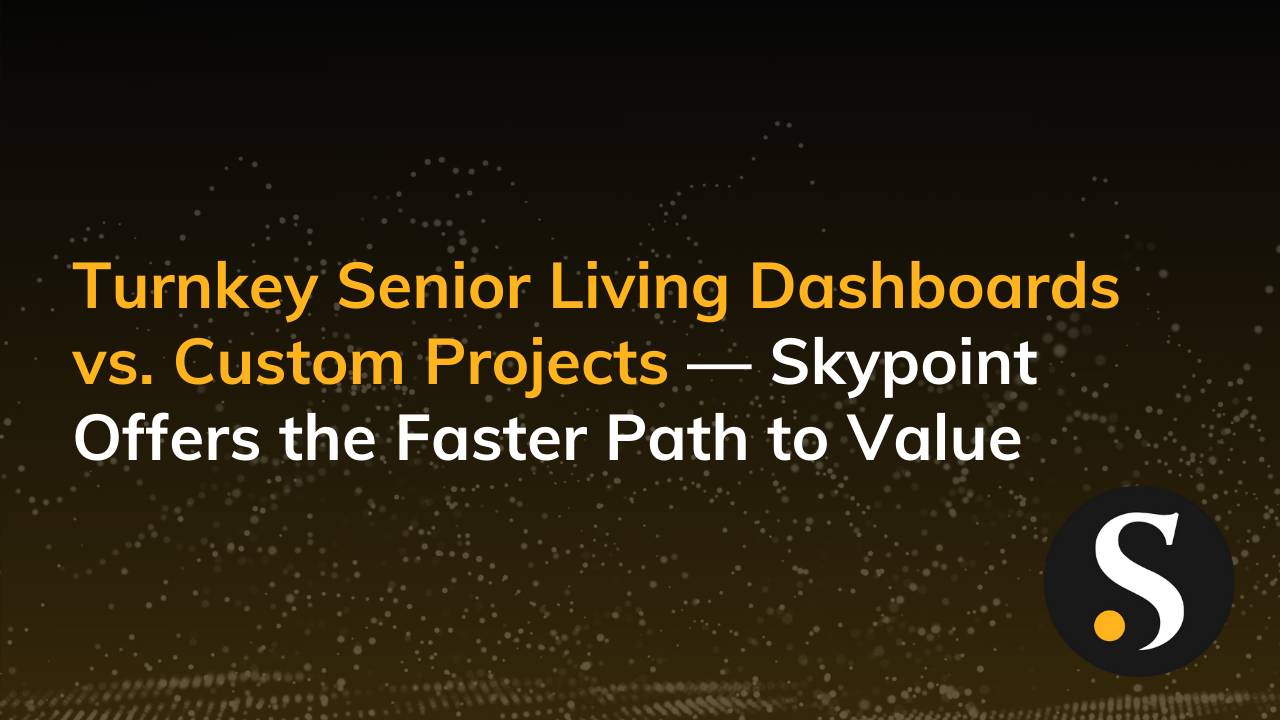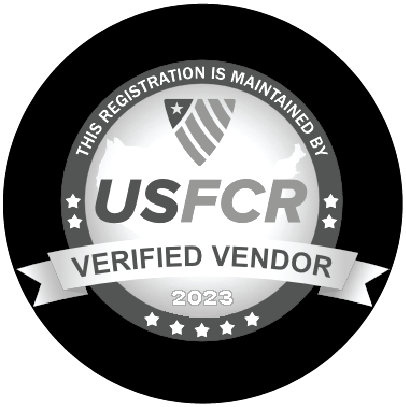Data privacy is crucial for any organization that wants to avoid the legal and financial consequences of non-compliance. Additionally, achieving data privacy compliance is critical for any team that wants to deliver a modern customer experience, build trust with consumers, and strengthen the organization’s reputation.
Data privacy compliance is a vast topic, so…
- What does it really mean?
- What are the key considerations?
- And how do you tame the ever-growing number of data silos?
In a recent LinkedIn Live event hosted by ThinkLinker CEO Pio Marolla, I delved into how organizations can achieve data privacy compliance by incorporating it into their data governance program and master data management (MDM) platform.
Here are the key takeaways to help you navigate this complex landscape.
What Does Privacy Compliance Really Mean?
This is a tricky question to answer.
There are numerous regulations and frameworks—SOC II, GDPR, CCPA, HIPAA, DCI-PSS—but no standard method to enforce them. For instance, there’s no bar or official regulator for HIPAA.
Another important note is how personally identifiable information (PII) is interpreted. There’s no standard definition for this term. Some define it as a name, address, email address, and phone number. But when we work with clients, we take a more conservative approach and consider PII to be any data someone uses to triangulate a person’s identity.
Would you consider someone’s Twitter handle PII? Some say “yes”…others say “no.”
Organizations typically need periodic audits by an independent, third-party entity to stay compliant. You have to determine the required controls and implement a process to demonstrate ongoing compliance or that you’re working toward implementing the necessary procedures, technologies, and governance framework within specific timeframes.
After an audit, you’ll receive a report of the findings, which isn’t a certificate or a stamp of approval. It lists the good and the bad, including where and how you aren’t up to snuff.
In short, privacy compliance is about how you implement data governance processes and controls to collect, store, and handle personal data in a manner compliant with data privacy regulations pertinent to your business and industry.
How Does Master Data Management Support Privacy Compliance?
While there are numerous data privacy regulations, you can count on some shared requirements. One of these is knowing where all your data resides to accurately and consistently identify, define, and manage information critical to your operations.
Master data management (MDM) goes hand in hand with data privacy compliance because it provides the framework to support proper data governance processes and controls required by data privacy laws and regulations. It supports activities such as implementing policies and procedures for consent management and ensuring the security of PII.
A master data management program helps organizations streamline the processes of responding to data subject requests (DSRs) by knowing what personal data they have and where it’s stored. This program is essential for not only achieving compliance but also maintaining the status over time (more on that later.)
How Do I Achieve Data Privacy Compliance?
Data privacy compliance involves many moving parts.
Your analytics team, IT team, governance team, and other business units must all collaborate to ensure that everyone in the organization adheres to the security framework. Here’s how to get started:
- Develop and implement a data protection policy to outline your organization’s approach to data privacy.
- Conduct a data protection impact assessment (DPIA) to identify and mitigate potential risks to personal data.
- Enforce technical and organizational measures to protect personal data from unauthorized access, use, or disclosure.
- Train all employees handling PII and other business-critical information on data privacy and data protection best practices.
- Establish procedures and implement automation tools for responding to data subject access requests (DSARs) and other inquiries related to personal data.
How Do I Handle Data Subject Requests (DSRs) to Stay Compliant?
To comply with data privacy laws, such as GDPR and CPRA, and pass various assessments, organizations must respond to DSRs within a specific timeframe—typically, 30 days.
Here are four ways to handle these requests:
1. Search and Delete Data Manually
You can search and delete specific data when you receive a DSR.
A manual process is time-consuming, especially if the information is dispersed across multiple systems or databases. Additionally, you’ll no longer have access to the data when you perform a complete delete, which means you can’t use the information for analytics.
2. Provide Data Subjects with Consent Management Tools
You can set up a self-service portal for data subjects to access and delete their data.
While this automated approach is efficient and scalable, you must have the right tools, like Skypoint Empower, to help you manage the data pipeline and verify the data subjects’ identities.
3. Deactivate and Suppress Accounts
You can use this tactic if a data subject has an account with your organization.
With the right nesting architecture, you’ll easily deactivate or suppress an account to deny all access to the information. However, this approach effectively deletes all the data associated with an account, and you can no longer gain insights from it.
4. Anonymize the Data
While deleting personal data helps you stay compliant, you can’t derive insights from it anymore. Instead, anonymize the information so it isn’t linked to an individual.
Anonymizing data allows you to get the best of both worlds—fulfilling DSRs while still being able to use the data for research or analytics to support decision-making.
Anonymization, supported by a self-service portal and automation technology, is a better approach to managing DSRs over deletion. But you must have the right tools to ensure that anonymization cascades to all downstream data stores. As such, all your data sources must have write-back capabilities to support such automation.
The good news is that you don’t have to build it from scratch. Skypoint’s Modern Data Stack Platform has a two-way street capability built into the data pipelines to provide write-back control. You can anonymize data and be confident that the action is propagated in all downstream systems.
This capability helps you protect consumer data more effectively while streamlining your auditing process to shorten the timeline and lower costs. Your platform should also give you the appropriate reports to demonstrate the controls you have implemented to achieve compliance.
Beyond Privacy Compliance: A Proactive Approach
Navigating the privacy compliance landscape is challenging as governments introduce more regulations and consumers become more savvy about protecting their rights. Industry leaders are adopting a proactive approach to data privacy compliance to stay ahead of the curve.
Big organizations like Apple focus a lot of their marketing messaging around privacy compliance. When consumers think a brand cares about them, they’re more likely to become or remain a customer. Protecting consumer data is integral to any customer-centric strategy that involves using customer information responsibly to deliver personalized experiences.
So what does a proactive approach to compliance look like? You should:
- Have a third-party auditor evaluate your systems and procedures.
- Incorporate compliance controls as you build data processes and architecture.
- Map data lineage and implement metadata as you design a solution to ensure authorized personnel accesses clean, trusted, and compliant data.
Bottom Line: Privacy Compliance Does Matter
Failing to achieve data privacy compliance will have massive legal and financial consequences and tarnish your reputation.
Trust around data is the key to increasing revenue and improving customer retention in today’s business environment.
Investing in capabilities to achieve compliance will yield dividends in the form of consumer trust, market differentiation, and a competitive edge. Plus, better control over your data can enhance analytics and business intelligence to support accurate and timely decision-making.
The right partner and tech stack will help you adopt a holistic and tailored approach to ensure that your workflows, infrastructure, and architecture stay compliant without labor-intensive and time-consuming manual processes.
Skypoint Cloud’s Modern Data Stack Platform comes with data privacy compliance automation out of the box. Our platform enabled an organization with 14 disparate data sources to automate its DSR processes with write-back capabilities to anonymize data effectively and efficiently.
See how Skypoint Empower helps you stay compliant by integrating consent and preference management with data residency and privacy protection.












